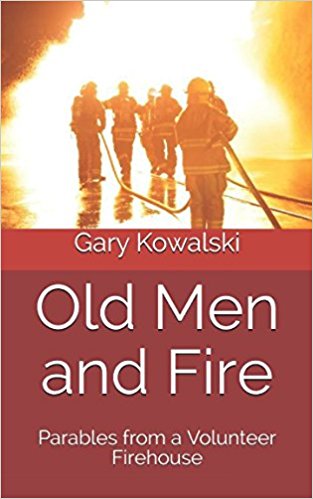Should our President go to church more often?
Candidate Obama held his first presidential debate in Rick Warren’s Saddleback Church. He worshiped regularly with his family at Chicago’s Trinity Church, until his fiery pastor Jeremiah Wright started sounding like an angry radical. But a recent news story on Boston.com headlines the President’s religion taking a private turn, reporting the family has attended church just four times in the year he’s held office.
The retreat from visible, public piety is drawing fire from some who voted for Obama on the basis of his Christian credentials. The Gallup Poll shows Americans becoming more tolerant in some respects, with larger numbers than in the past saying they might vote for a woman, an Hispanic, or a divorcee for President. But the majority still indicate they could not abide an atheist in the White House.
Apparently, voters want their Chief Executive to believe in God, or at least pretend to believe by warming a pew each week.
But one wonders whether the Founding Fathers would have ever been elected, had this standard been enforced. George Washington’s diaries, for example, indicate that in 1748, he spent 15 Sundays going to church, recording 49 days spent fox hunting, attending two balls, one play and receiving a reprimand from a Scotch Presbyterian acquaintance for spending too much time at the card table. In January the following year, he hunted on twelve days and went to church just once.
Shortly after being elected, President Washington was virtually “arrested” for not attending church, apparently detained by the local tithing man responsible for enforcing New England’s blue laws prohibiting travel on the Sabbath. Delayed and anxious to reach his destination in New York, he was intercepted on Sunday morning in the Connecticut village of Ashford and forced to halt. The President’s diary indicates that he used the interlude to rest his horses, but he found the tavern where he cooled his heels “not a good one” and the sermon of Mr. Pond, the parson of a nearby church, “very lame discourses.”
Some Presidents, like John Adams, attended church almost every Sunday of their lives. Others, like Jefferson and Madison, rarely bothered. But all of the nation’s first half dozen Presidents were enormously discreet about their personal spiritual lives. None would have engaged in the kind of “media spirituality” that voters seem to demand now.
Voters should judge their President on the basis of his economic policies, his ability to work with Congress to pass important legislation, and his strength in protecting America’s interests around the world. Obama’s church attendance (or lack thereof) is just not the public’s business.










